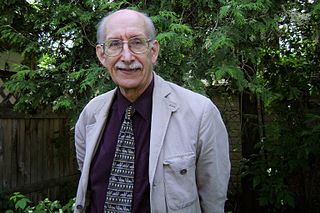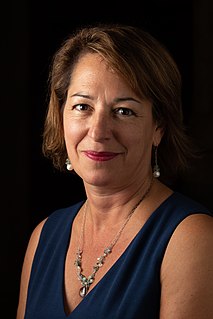A Quote by John Paul Caponigro
Very often there is too little information in photographs to deduce how they were made and even what they represent. We rely on context and supplemental information to confirm our observations, not simply the documents themselves.
Quote Topics
Related Quotes
Some of my pictures are poem-like in the sense that they are very condensed, haiku-lik. There are others that, if they were poetry, would be more like Ezra Pound. There is a lot of information in most of my pictures, but not the kind of information you see in documentary photography. There is emotional information in my photographs.
Communication requires cultural context, and technology facilitates our ability to cross-reference ideas over time. Charles Moore were saying: Enough with the sterile, context-less architecture. Enough with the functional-minded frame of operation. How about a little mess? How about a little, let's say, syntax? A little quotation using history? How about some other meanings or symbols? I think that's the only logical reaction when you have to thoughtfully manage the communication of a lot of information.
The great challenge facing us today is to learn once again how to talk to one another, not simply how to generate and consume information. The latter is a tendency which our important and influential modern communications media can encourage. Information is important, but it is not enough. All too often things get simplified, different positions and viewpoints are pitted against one another, and people are invited to take sides, rather than to see things as a whole.
I don't think we should have less information in the world. The information age has yielded great advances in medicine, agriculture, transportation and many other fields. But the problem is twofold. One, we are assaulted with more information than any one of us can handle. Two, beyond the overload, too much information often leads to bad decisions.
I am saddened by the release by a national media outlet of my opponent's involvement in pornography. I strongly condemn the release of this information. Our campaign was aware of this information several months ago, and made a very determined decision to not use or disperse this information in any way, shape,or form.
I will not comment on or confirm what are alleged to be stolen State Department cables. But I can say that the United States deeply regrets the disclosure of any information that was intended to be confidential, including private discussions between counterparts or our diplomats' personal assessments and observations.
Information wants to be free.' So goes the saying. Stewart Brand, the founder of the Whole Earth Catalog, seems to have said it first.I say that information doesn't deserve to be free.Cybernetic totalists love to think of the stuff as if it were alive and had its own ideas and ambitions. But what if information is inanimate? What if it's even less than inanimate, a mere artifact of human thought? What if only humans are real, and information is not?...Information is alienated experience.
Data isn't information. ... Information, unlike data, is useful. While there's a gulf between data and information, there's a wide ocean between information and knowledge. What turns the gears in our brains isn't information, but ideas, inventions, and inspiration. Knowledge-not information-implies understanding. And beyond knowledge lies what we should be seeking: wisdom.
But new details drawn from government documents and interviews show that senior White House aides were given information at the time suggesting that a prostitute was an overnight guest in the hotel room of a presidential advance-team member - yet that information was never thoroughly investigated or publicly acknowledged.



































